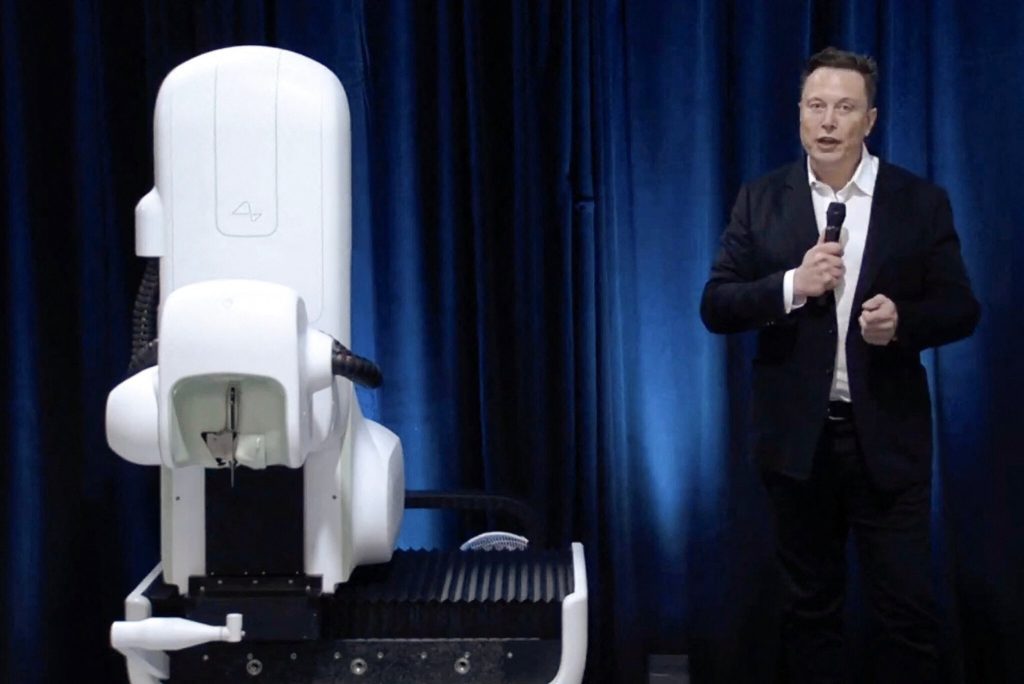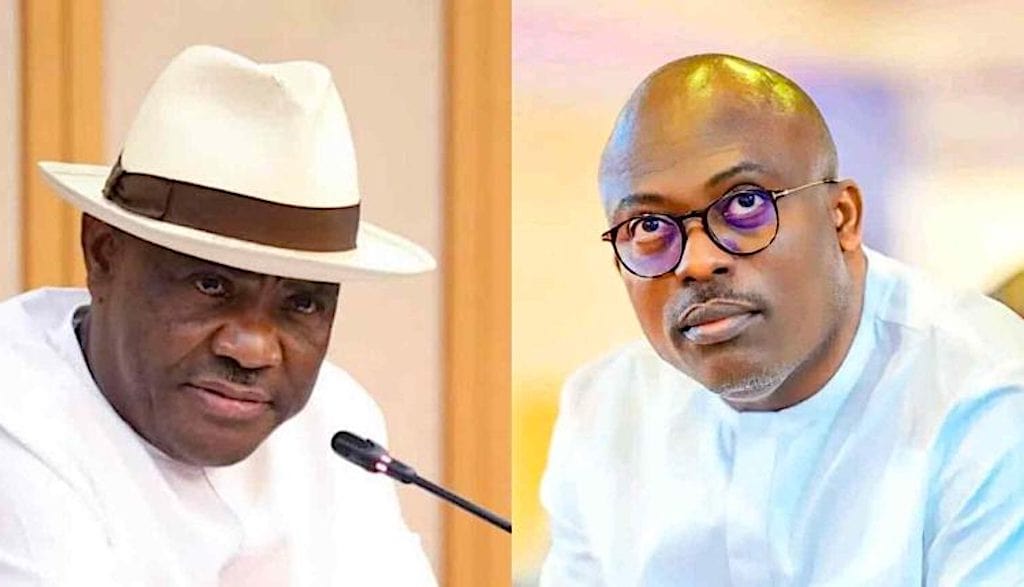The Federal Government of Nigeria is pushing forward with sweeping tax reforms aimed at increasing the country’s tax-to-Gross Domestic Product (GDP) ratio to 18% by 2026. This ambitious goal comes as Nigeria’s current tax-to-GDP ratio stands at approximately 10%, one of the lowest in Sub-Saharan Africa. President Bola Tinubu, addressing Nigeria’s revenue challenges, inaugurated the Presidential Fiscal Policy and Tax Reforms Committee in August 2023, chaired by tax expert Taiwo Oyedele, with a mandate to reform the tax system and increase revenue without imposing new taxes.
The Executive Chairman of the Federal Inland Revenue Service (FIRS), Dr. Zacch Adedeji, recently expressed confidence in achieving the 18% tax-to-GDP ratio by 2026. Key strategies outlined include integrating advanced technology, refining tax collection processes, and building capacity within tax administration. The revenue target requires the FIRS to generate about N44.34 trillion in tax revenue, given Nigeria’s current nominal GDP of N246.35 trillion, as per the National Bureau of Statistics.
This 2026 goal is more than double the FIRS’s 2024 target of N19.41 trillion, with revenue for the first quarter of 2024 reaching N3.94 trillion—a 56.7% increase over the same quarter in 2023, though short of the targeted N4.8 trillion. Notably, FIRS exceeded its 2023 revenue target by collecting N12.37 trillion, outperforming the goal of N11.56 trillion and reflecting a 107% target achievement.
In response to the revenue push, the Senate has called on FIRS to increase its 2024 target further, recommending a goal of N30 trillion. The Senate’s Finance Committee has also highlighted the significant revenue losses due to tax waivers, estimated at N17 trillion over the last five years, and has encouraged a review of these policies to improve revenue.
Despite these efforts, there is notable resistance to certain tax reform proposals, particularly from northern Nigerian states. A coalition of governors from the northern region, including those from Bauchi, Kano, Yobe, Plateau, Gombe, and Katsina states, has voiced opposition to President Tinubu’s proposed Value Added Tax (VAT) reform bill currently awaiting approval in the National Assembly.
Representatives of the northern governors argue that the VAT reform bill requires broader consultation to address regional concerns. The Senior Special Adviser to the Bauchi State Governor, Mukhtar Gidado, underscored the united front of northern leaders, stating, “The north spoke with one voice, and that is it.” Kano State’s Commissioner of Information and Internal Affairs, Baba Halilu Dantiye, reinforced this stance, confirming that the state would adhere to the Northern Governors’ Forum’s recommendation for a potential withdrawal of the VAT Reform Bill. Likewise, Yobe State’s Commissioner for Home Affairs, Information and Culture, Abdullahi Bego, affirmed alignment with the Forum’s communique on the issue.
These developments indicate a complex path ahead for Nigeria’s tax reform initiative, as the Federal Government seeks to harmonize its fiscal policies with the unique economic concerns and political interests of various states. While the Tinubu administration remains committed to improving Nigeria’s tax revenue profile to foster economic growth, the opposition from northern states signals the need for more inclusive dialogue to achieve widespread support for the reforms.













